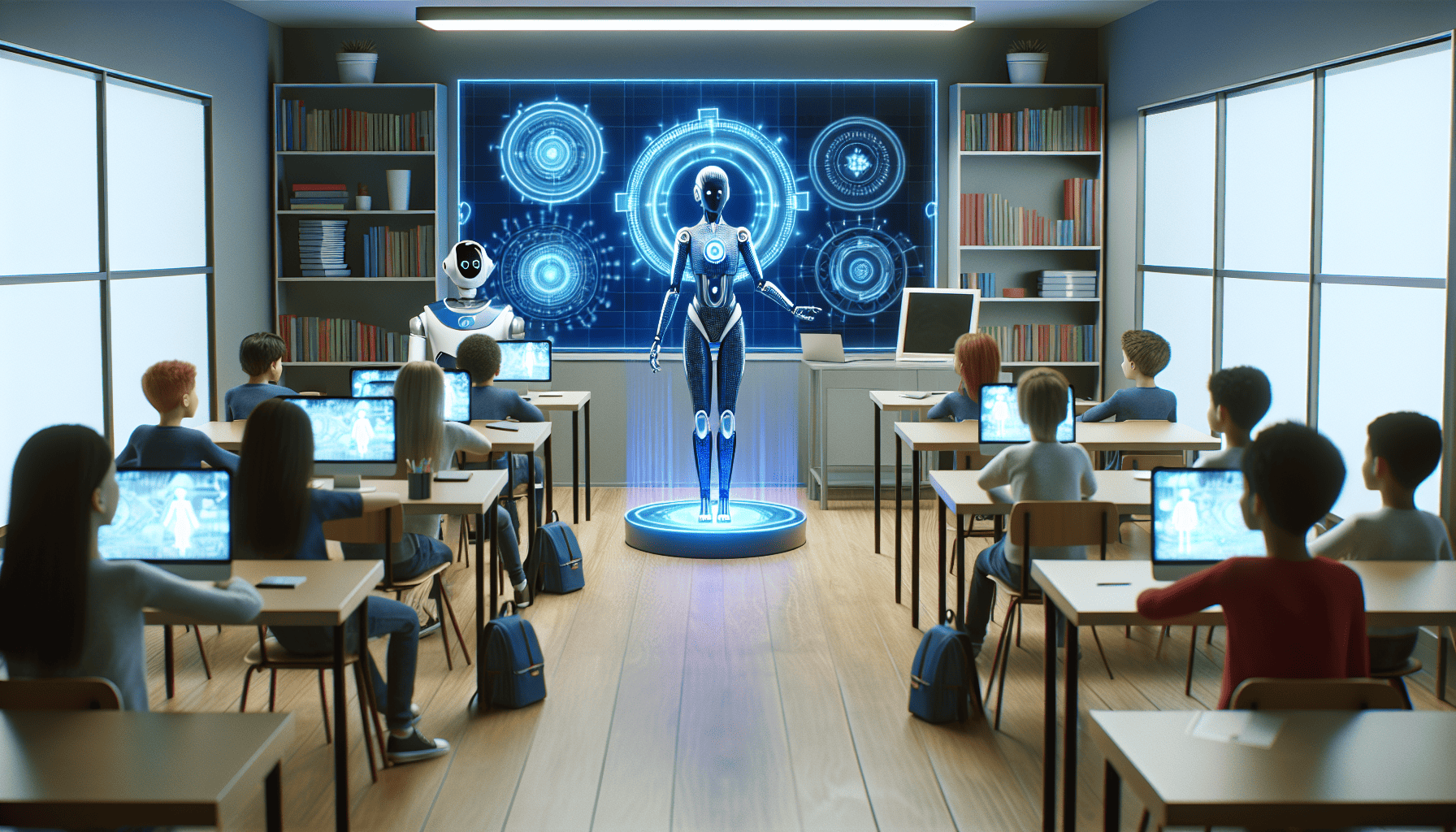Artificial Intelligence (AI) is revolutionizing various sectors, and education is no exception. By integrating AI into the educational framework, institutions worldwide are witnessing significant changes in how teaching is delivered and how students learn. This transformation is not only enhancing teaching efficiency but also impacting student performance, leading to a more individualized learning experience.
One of the primary ways AI is reshaping education is through personalized learning experiences. Traditional classrooms often struggle with addressing the varied learning speeds and styles of students. AI offers a solution by providing personalized learning paths tailored to each student’s needs. By analyzing data from a student's interactions, AI systems can identify knowledge gaps, recommend resources, and adjust learning pace, ensuring that each student receives an education suited to their personal requirements. This approach helps in keeping students engaged and motivated, thus potentially improving performance and retention rates.
Moreover, AI-powered platforms offer immediate feedback, a critical component in the learning process. Instead of waiting for teacher assessments, students can receive instant reviews on their assignments and exams. This immediate feedback loop allows learners to recognize and rectify mistakes promptly, promoting a deeper understanding of the subject matter.
AI is also playing a crucial role in augmenting teaching efficiency. By automating administrative tasks such as grading and attendance tracking, AI frees up educators to focus more on teaching and engaging with students. This shift enables teachers to dedicate more time to developing creative lesson plans and interacting with students, fostering a more enriching educational environment. Additionally, AI can serve as a valuable tool for teachers in identifying students who may need extra support, allowing for timely intervention and assistance.
Educational institutions are further embracing AI through tools like chatbots and virtual tutors, which provide round-the-clock assistance to students. These tools can answer questions, provide explanations, and even facilitate discussion groups, making learning a continuous and accessible process.
However, the integration of AI in education is not without challenges. Concerns about data privacy and the potential for algorithmic bias necessitate careful consideration and regulation. It is essential for educational institutions to ensure that AI systems are transparent, equitable, and secure, ensuring they serve all students effectively without compromising their privacy or disadvantaging specific groups.
Despite these challenges, the advantages of AI in educational settings are undeniable. By offering personalized learning opportunities and increasing teaching efficiency, AI has the potential to significantly enhance educational outcomes. As technology continues to evolve, the education sector is poised to embrace even more innovative AI applications, ultimately leading to an enriched and more effective learning ecosystem.
In conclusion, AI is not just an auxiliary tool in modern education but an integral component transforming the traditional educational landscape. Its ability to offer personalized learning experiences and enhance teaching efficiency provides hope for a future where education is more tailored, inclusive, and effective, ultimately preparing students better for the demands of the modern world.
